Roasted peanuts in shell are a classic snack that has been enjoyed by people around the world for centuries. These crunchy and delicious nuts are not only a satisfying treat but also packed with nutrients that offer numerous health benefits. In this comprehensive guide, we will explore everything you need to know about roasted peanuts in shell, from their nutritional content to their culinary uses and more. **What Are Roasted Peanuts in Shell?** Roasted peanuts in shell are peanuts that have been harvested, dried, and roasted with their outer shells still intact. The roasting process enhances the nutty flavor of the peanuts while providing a satisfying crunch when you bite into them. The shells help to protect the peanuts from moisture and light, preserving their freshness and flavor. **Nutritional Content of Roasted Peanuts in Shell** Roasted peanuts in shell are a nutritional powerhouse, packed with essential vitamins, minerals, and antioxidants. These nuts are a rich source of protein, making them an excellent snack choice for vegetarians and vegans. They also contain healthy fats, including monounsaturated and polyunsaturated fats that are beneficial for heart health. In addition to protein and healthy fats, roasted peanuts in shell are a good source of fiber, which aids in digestion and helps to keep you feeling full. They also contain a variety of essential vitamins and minerals, including vitamin E, folate, magnesium, and phosphorus. Vitamin E is a powerful antioxidant that helps to protect cells from damage, while folate is important for cell division and growth. **Health Benefits of Roasted Peanuts in Shell** Including roasted peanuts in shell in your diet can offer a range of health benefits. The high protein content of these nuts can help to promote muscle growth and repair, making them a great post-workout snack. The healthy fats in peanuts can also help to lower LDL (bad) cholesterol levels and reduce the risk of heart disease. The fiber in roasted peanuts in shell can aid in digestion and promote a healthy gut microbiome. Fiber also helps to regulate blood sugar levels, making these nuts a good choice for individuals with diabetes. Additionally, the antioxidants in peanuts can help to reduce inflammation in the body and protect against chronic diseases.
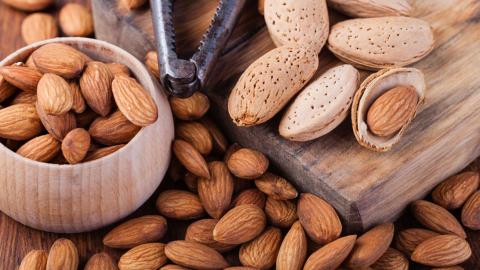
.
**Culinary Uses of Roasted Peanuts in Shell** Roasted peanuts in shell are a versatile ingredient that can be used in a variety of culinary applications. They can be enjoyed on their own as a simple and satisfying snack, or added to trail mixes, granola bars, and homemade nut butter. Roasted peanuts in shell can also be crushed and sprinkled on top of salads, oatmeal, or yogurt for an extra crunch. In many cultures, roasted peanuts in shell are a common ingredient in savory dishes such as stir-fries, curries, and noodle dishes. They can also be ground into a fine powder and used as a flavorful coating for fried foods or as a thickening agent for sauces and soups. Roasted peanuts in shell can even be caramelized with sugar to create a sweet and crunchy topping for desserts. **Choosing and Storing Roasted Peanuts in Shell** When selecting roasted peanuts in shell, look for nuts that are plump and feel heavy for their size. Avoid peanuts with visible signs of mold, discoloration, or rancidity. To preserve the freshness of roasted peanuts in shell, store them in an airtight container in a cool, dry place away from direct sunlight. This will help to prevent the nuts from becoming stale or rancid.
..
**Roasting Your Own Peanuts in Shell** If you prefer to roast your own peanuts in shell at home, it is a simple and rewarding process. Start by preheating your oven to 350°F (180°C) and spreading the peanuts in a single layer on a baking sheet. Roast the peanuts for 15-20 minutes, stirring occasionally, until they are golden brown and fragrant. Let the peanuts cool before cracking open the shells to reveal the delicious nuts inside. **Conclusion** Roasted peanuts in shell are a delicious and nutritious snack that can be enjoyed in a variety of ways. Whether you eat them on their own, add them to your favorite recipes, or roast your own at home, these crunchy nuts are sure to satisfy your cravings and provide a boost of essential nutrients. Incorporate roasted peanuts in shell into your diet to reap the many health benefits they have to offer. So, next time you’re looking for a wholesome and tasty snack, reach for a handful of roasted peanuts in shell and indulge in their crunchy goodness. **Potential Risks and Allergies** While roasted peanuts in shell offer numerous health benefits, it’s important to note that they can trigger allergic reactions in some individuals. Peanut allergies are one of the most common food allergies, and they can range from mild symptoms such as hives and itching to severe reactions like anaphylaxis, which can be life-threatening.
…
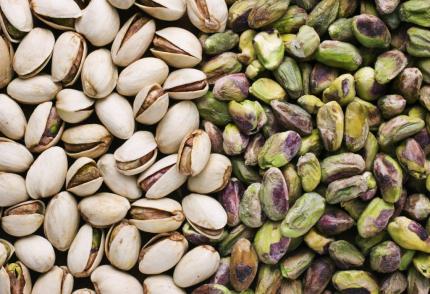 If you or someone you know has a peanut allergy, it’s crucial to avoid roasted peanuts in shell and any products that may contain traces of peanuts to prevent an allergic reaction. In addition to allergies, roasted peanuts in shell may also pose a choking hazard, especially for young children or individuals with swallowing difficulties. The shells can be sharp and rough, making them difficult to digest if not removed before consuming the peanuts. To minimize the risk of choking, always crack open the shells carefully and supervise young children while they are eating roasted peanuts in shell. **Environmental Impact of Roasted Peanuts in Shell** The production of roasted peanuts in shell, like any agricultural crop, has both positive and negative environmental impacts. Peanuts are a water-intensive crop, requiring large amounts of water for irrigation. In regions where water scarcity is a concern, the cultivation of peanuts can contribute to water stress and depletion of groundwater resources. On the positive side, peanuts are a nitrogen-fixing crop, which means they can help improve soil fertility and reduce the need for synthetic fertilizers. Additionally, peanut shells can be used as a renewable and biodegradable source of biomass for composting or as animal feed. By supporting sustainable peanut farming practices and proper waste management, we can reduce the environmental impact of roasted peanuts in shell production.
If you or someone you know has a peanut allergy, it’s crucial to avoid roasted peanuts in shell and any products that may contain traces of peanuts to prevent an allergic reaction. In addition to allergies, roasted peanuts in shell may also pose a choking hazard, especially for young children or individuals with swallowing difficulties. The shells can be sharp and rough, making them difficult to digest if not removed before consuming the peanuts. To minimize the risk of choking, always crack open the shells carefully and supervise young children while they are eating roasted peanuts in shell. **Environmental Impact of Roasted Peanuts in Shell** The production of roasted peanuts in shell, like any agricultural crop, has both positive and negative environmental impacts. Peanuts are a water-intensive crop, requiring large amounts of water for irrigation. In regions where water scarcity is a concern, the cultivation of peanuts can contribute to water stress and depletion of groundwater resources. On the positive side, peanuts are a nitrogen-fixing crop, which means they can help improve soil fertility and reduce the need for synthetic fertilizers. Additionally, peanut shells can be used as a renewable and biodegradable source of biomass for composting or as animal feed. By supporting sustainable peanut farming practices and proper waste management, we can reduce the environmental impact of roasted peanuts in shell production.

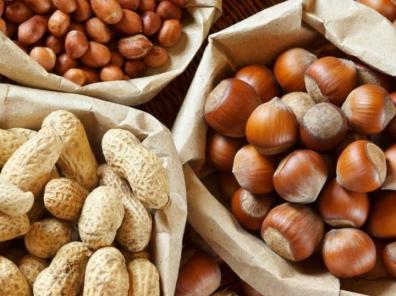
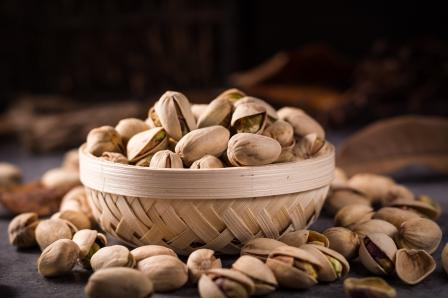
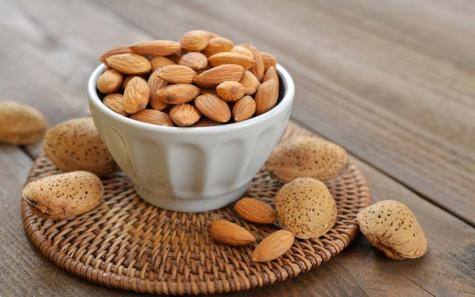
Your comment submitted.